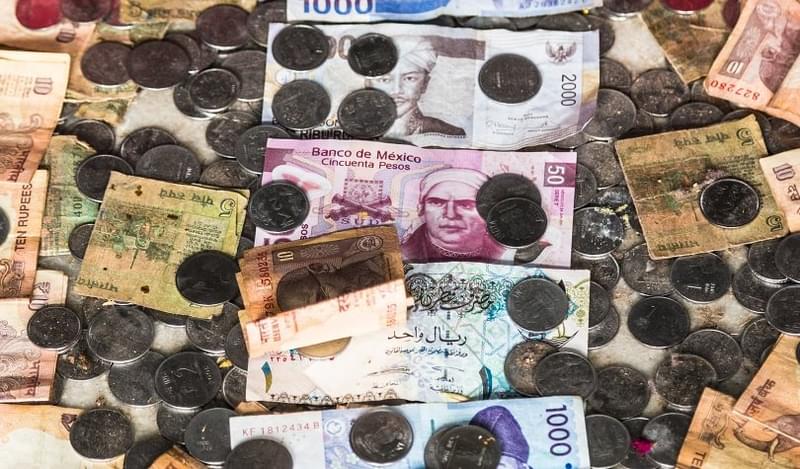Low-interest rates in the developed world have forced investors to look for yield elsewhere, and EM corporate bonds have certainly caught their attention. The JP Morgan Corporate Emerging Markets Bond Broad index performed much better than a balanced portfolio of US corporate bonds in eight out of the past 13 years. Most importantly, cumulative returns of securities from emerging market corporates were on average 10% higher during that period.
The yield to worst (YWT) – the lowest potential yield an investor can get, without the issuer defaulting – stood at 4.4% for EM corporates at the end February this year, according to data compiled by Fund Strategy, a research consultancy, while US enterprises saw on average 3.38% through the same period. In the high-yield sector, EM firms have regularly topped its US counterparts by 58bp.
Declining default rates have also played a key role in attracting global attention to EM corporates. There was only one EM corporate default in the first quarter of 2017, compared to eight during that same period in 2016.
“The EM corporate external bond asset class has until now met expectations that its default rate could be significantly lower in 2017. Improvements in both macro and corporate fundamentals have helped this outcome …following two years of significant macro headwinds and weak commodity prices, the EM corporate default rate of high-yield issuers peaked at 5.1% in 2016,” a report by M&G Investment explained.
Consistently low levels of debt have helped improve the EM corporate asset class. The net debt-to-equity ratio in 2016 of all rated US companies was around 32% higher than many businesses in emerging economies. The rates undercut those of US corporate bonds in 15 of 17 years since the year 2000. EM firms also undercut their European peers in 10 of the 17 years, according to data from S&P.
Corporates to Clean Up Their Act
Charles de Quinsonas, an EM debt deputy fund manager at M&G, argues that in 2017 the level of EM corporate defaults could reach “low single digit” numbers, something linked to what he sees as a deep-rooted change in corporate governance across emerging markets.
According to the investor, EM companies have introduced significant changes in transparency practices, while at the same time becoming better equipped to service international investors.
“Seven years ago, many corporates in the emerging world did not even have investor relations managers that could speak English. Now it’s a lot more common.”
“Corruption is still the biggest risk associated with corporates in the EM world, mainly in Latin America. Corporates will need to change this going forward,” the investor added.
The scandal currently unfolding in Brazil is a testament to how investors could get stung in the event corporate governance takes a backseat. Bondholders of JBS – the world largest meat packing firm – were among the biggest losers after Brazilian authorities uncovered a bribery probe involving the company. Its US$750mn notes due 2024 led the way in EM losses after shedding 18% of their value since the scandal broke earlier this month.
A strong dollar might remain a risk for EM debt, as both the sovereigns and corporates have increased their dollar-denominated borrowing in recent years. According to data from Bloomberg, companies and governments in emerging markets issued US$179bn of US dollar-denominated debt in the first quarter of 2017 – doubling the previous year's amount. This could pose a challenge in the future, especially for companies that have revenues in local currencies.
So far, the De Quinsonas remains bullish on the outlook for EM corporate debt. “As long as the corporates offer a premium, partly due to risk associated with corruption and liquidity they will remain attractive to investors”.
As corporate’s in EM cleans up their act going forward, we can expect this asset class to continue appealing to investors in a yield-starved world – at least, until the carry trade bubble bursts.









